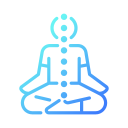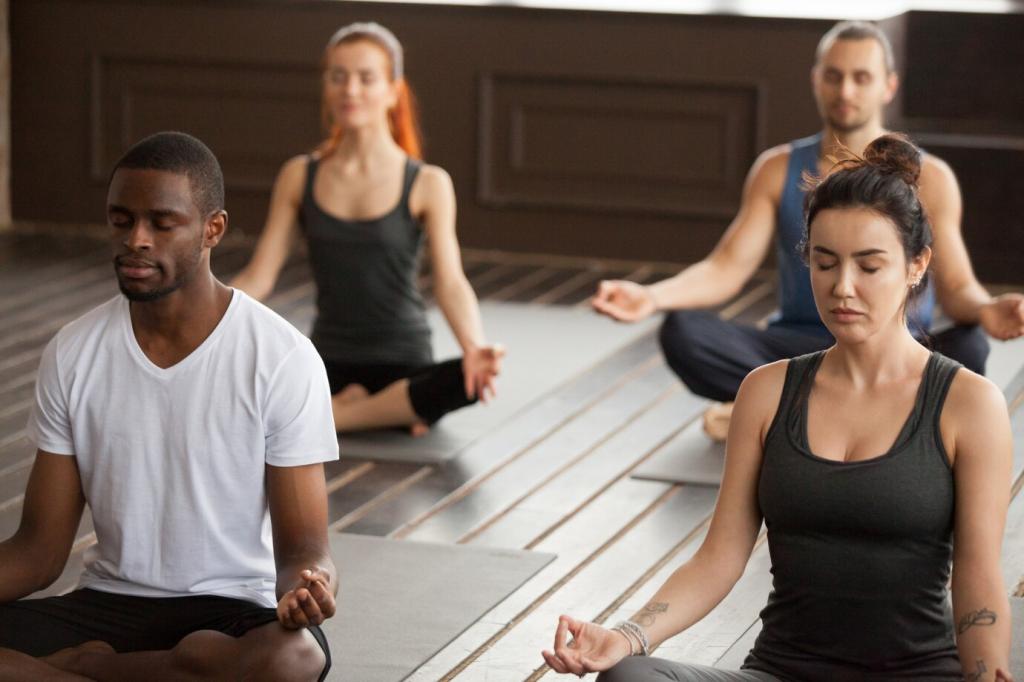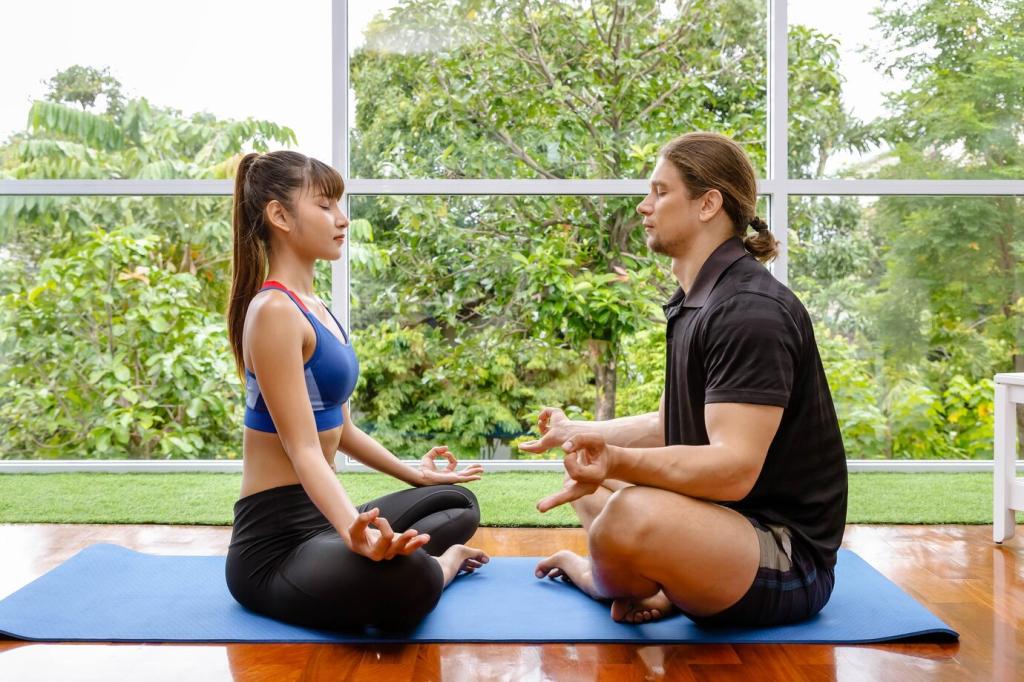Real‑World Applications of Guided Focus
Begin each deep work block with a two‑minute guided reset. Choose your anchor, breathe, and state the exact outcome for the next block. When pulled away, take one conscious breath and return. This loop keeps momentum without harsh self‑talk or perfectionism.
Real‑World Applications of Guided Focus
Use a short guided practice before reading to calm mental noise. While studying, notice drifts, label them, and re‑engage with a question: “What’s the key idea here?” Guided attention plus active recall amplifies retention and keeps concentration from dissolving into passive skimming.







